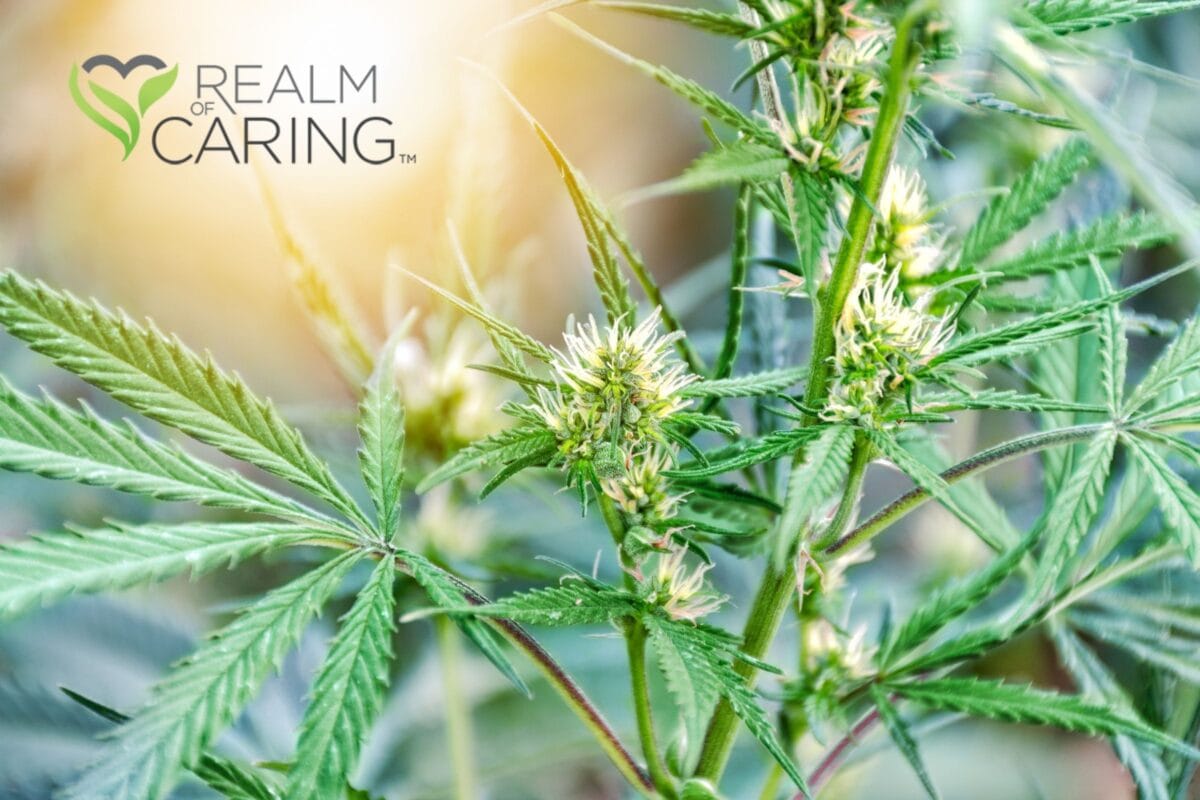Written by Alex Buscher, Esq.
Founder – Buscher Law
Perhaps nothing in law and pop culture is more misunderstood than cannabis regulation and policy. The aim of this post is to give the reader the background to make informed decisions regarding the real risks when using cannabis products, especially hemp & CBD products, as well as provide a vision for sensible future regulation.
First, “Cannabis sativa L.” (“Cannabis”) is the actual plant, “Marijuana” is the legal definition for a cannabis plant over 0.3% Delta-9 THC, and “Hemp” is the legal definition for a cannabis plant containing 0.3% Delta-9 THC or less. “THC” and “CBD” are just two of many cannabinoids, which are a family of chemicals found in the cannabis plant. There are hundreds of chemical compounds in cannabis, including terpenes, cannabinoids, and bioflavonoids, all having different properties and effects.
Marijuana is still a Schedule I substance federally, meaning there is no accepted medical value according to Congress, and it is illegal in almost all circumstances to possess under federal law. States have passed ballot initiatives and statutes contradicting federal law to allow marijuana use intrastate; however, there is not yet an interstate market for marijuana. Medical marijuana laws offer some protection, even from the federal government, because the Department of Justice is not allowed to pursue prosecutions against those complying with state medical marijuana laws. This same protection does not apply to recreational marijuana.
Hemp was legalized federally in 2018 and many states have also moved to legalize hemp. Although legal federally, not all states legalized hemp (Idaho), and many states have legalized hemp but don’t allow hemp-derived CBD into food or dietary supplement products (California). Other states have legalized hemp and allow all hemp-derived ingredients in foods (Colorado).
When purchasing hemp products, hemp companies generally take the position that it is the consumer’s responsibility to follow the law, and companies provide disclaimers stating this position. Companies are in a tough position because all 50 states regulate hemp and hemp products differently, which makes it almost impossible to comply on a nationwide basis. Police around the country are still seizing hemp and hemp products as marijuana, and there is no shipping manifest database or other regulation on the horizon which will stop this practice.
It is important to understand that hemp companies claiming it is safe to give CBD to children are putting families at risk. Child Protective Services (“CPS”) has taken children from parents for administering CBD and will likely continue to do so. This is because many people, some of whom are “mandatory reporters,” don’t understand the difference between hemp and marijuana, and because many CBD products can cause an individual to test positive on a drug panel. Teachers, nurses, and other professionals are mandatory reporters in many states, meaning they have a duty to notify the state if they believe a child has been given a controlled substance. Additionally, ERs routinely conduct drug screening when an individual is treated. A positive THC result will also generally implicate a mandatory reporting requirement to the state. If a parent plans to administer CBD medically to their child, it is imperative that child has a state medical marijuana card for legal protection.
The FDA has the opportunity to solve the issue of federal illegality of ingestible CBD products nationally by allowing CBD and other hemp-derived ingredients in food and dietary supplements. Until hemp-derived ingredients are allowed in food, a continuous conflict between state and federal law will exist. There will also be little uniformity in regulation across the states if FDA allows CBD and other hemp-derived ingredients in dietary supplements alone. Additionally, until FDA approves CBD for use in dietary supplements, it is illegal to label any product as such when it contains CBD (or any other hemp-derived ingredient). This is because dietary supplements are entirely a body of federal law and require premarket notification to FDA, or else the product is unlawful. To date, no hemp-derived product has had an NDI (New Dietary Ingredient) notification accepted by FDA. Thus, any hemp company labeling a product as a dietary supplement is breaking federal law.
As you can see, cannabis regulation is complicated, conflicting, and inconsistent. The bottom line is that cannabis derived cannabinoids have huge therapeutic potential and provide many patients with the ability to treat their own conditions, in almost all cases after modern medicine has failed. It is time for the FDA to allow cannabinoids in both food and dietary supplement products with safe regulation, including the following: recommended serving sizes; required testing for heavy metals, pesticides, and mycotoxins; and ensuring current good manufacturing practices (cGMP) are followed.
Take action, call your representatives, and get involved!
Watch our Q & A with Alex Buscher!
If you have any questions about this topic, a Realm of Caring Care Specialist is here to help. Call us at 719-347-5400 option 1, email us at [email protected], or visit our website and sign up for a free client account at www.realmofcaring.org.
Disclaimer
The Realm of Caring Foundation specifically invokes the first amendment rights of freedom of speech and of the press without prejudice. These statements have not been evaluated by the food and drug administration. the products discussed are not intended to diagnose, cure, prevent or treat any disease. Realm of Caring always recommends when and wherever possible that licensed local healthcare professionals be consulted.
The Realm of Caring Foundation is an independent nonprofit with its own governing board. We do not produce or sell cannabinoid products, nor do we receive funds from the sale of other company’s products.



